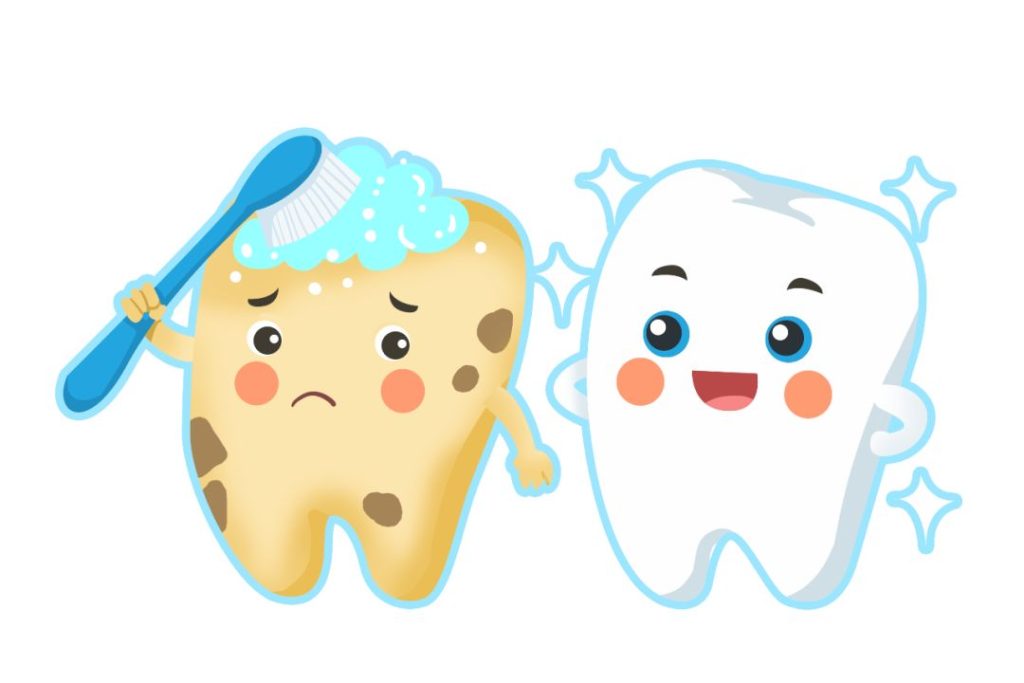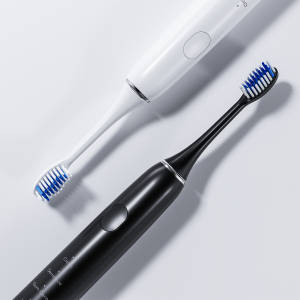Maintaining good dental health goes beyond brushing and flossing—it also involves being mindful of what we eat. Certain eating habits can have a negative impact on your teeth and gums, leading to issues like cavities, enamel erosion, and gum disease. As a trusted B2B manufacturer of dental care products, we’re here to highlight some common eating habits that are bad for your dental health, such as consuming highly stimulating foods, indulging in sweets, and practicing picky eating patterns.
1. Consuming Highly Stimulating Foods
Highly stimulating foods, such as those that are extremely hot, cold, or spicy, can be harmful to your dental health. These foods can cause tooth sensitivity, irritate the gums, and even lead to micro-cracks in the enamel over time. For example, biting into an ice cube or sipping on a scalding hot beverage can weaken your teeth and make them more susceptible to damage. It’s best to avoid extreme temperatures and opt for moderate, tooth-friendly options.

2. Eating Sweets Frequently
It’s no secret that eating sweets is one of the most common culprits behind dental problems. Sugary foods and drinks feed the bacteria in your mouth, leading to the production of acids that erode enamel and cause cavities. Candies, sodas, and desserts are particularly harmful, especially when consumed frequently throughout the day. If you do indulge in sweets, try to limit them to mealtimes and rinse your mouth with water afterward to minimize the damage.
3. Picky eating Patterns
Picky eating habits, such as snacking frequently or grazing throughout the day, can be detrimental to your dental health. Every time you eat, the bacteria in your mouth produce acids that attack your teeth. When you snack continuously, your teeth are exposed to these acids for prolonged periods, increasing the risk of enamel erosion and cavities. Instead, aim for structured meals and limit snacking to protect your teeth.
4. Drinking Acidic Beverages
Beverages like citrus juices, sodas, and energy drinks are highly acidic and can weaken tooth enamel over time. Even sugar-free versions of these drinks can be harmful due to their acidity. If you frequently consume acidic beverages, consider using a straw to minimize contact with your teeth and rinse your mouth with water afterward to neutralize the acids.
5. Chewing on Hard Objects
Some people have a habit of chewing on hard objects like ice, pens, or fingernails. This can cause chips, cracks, or even fractures in your teeth. Over time, these small damages can lead to more serious dental issues. Breaking this habit is essential for maintaining strong and healthy teeth.
6. Ignoring the Impact of Sticky Foods
Sticky foods like dried fruits, caramel, and gummy candies can cling to your teeth and are difficult to remove, even with brushing. These foods provide a breeding ground for bacteria, increasing the risk of cavities and gum disease. If you do consume sticky foods, make sure to brush and floss thoroughly afterward to remove any residue.
Conclusion
Your eating habits play a significant role in your dental health. Consuming highly stimulating foods, frequently eating sweets, and practicing picky eating patterns can all contribute to dental problems like cavities, enamel erosion, and gum disease. By being mindful of these habits and making small changes, such as limiting sugary snacks and avoiding hard or sticky foods, you can protect your teeth and maintain a healthy smile. As a leading B2B manufacturer of dental care products, we are committed to helping you achieve optimal oral health. Pair good eating habits with a consistent oral care routine, and your teeth will thank you!




